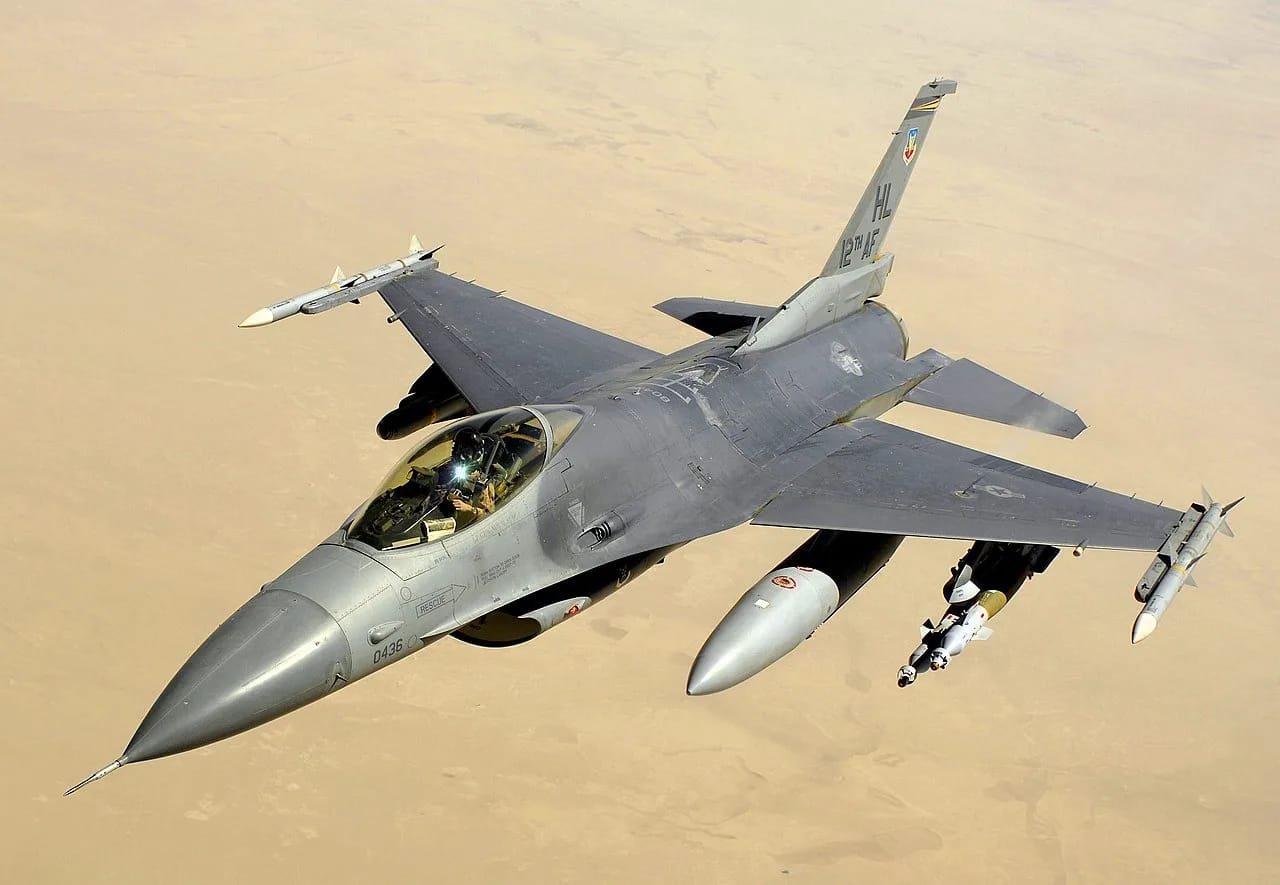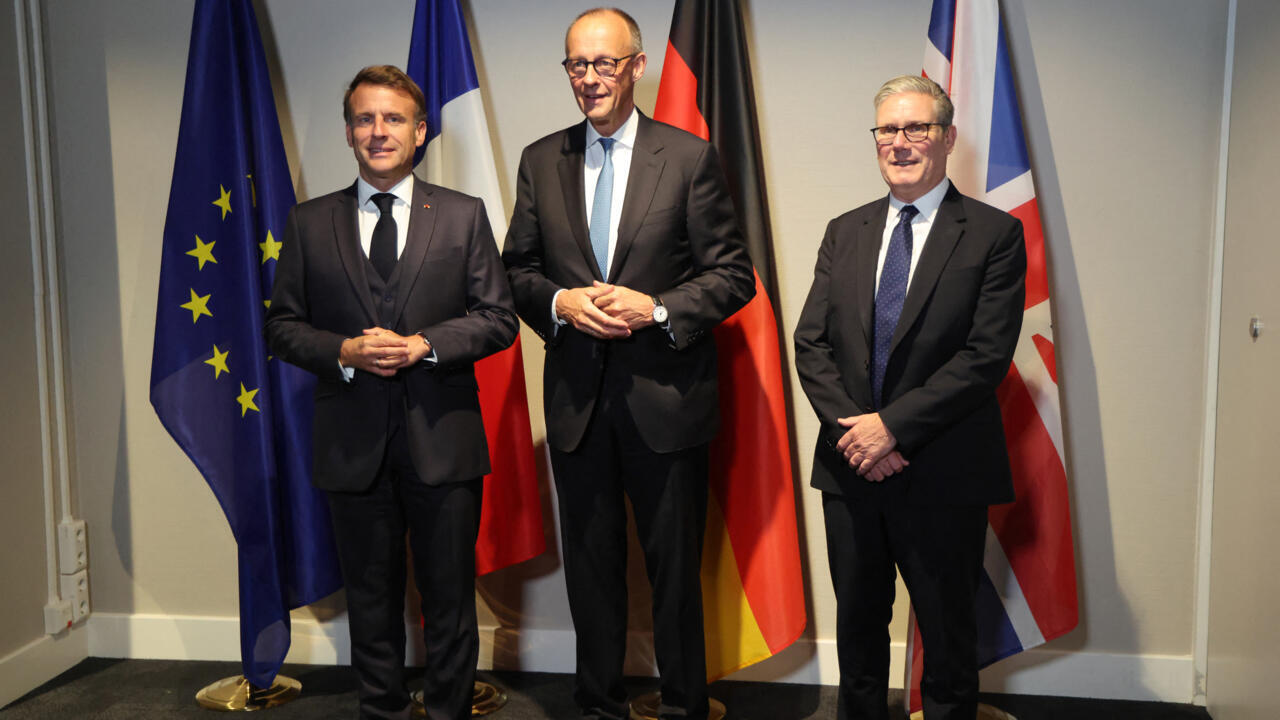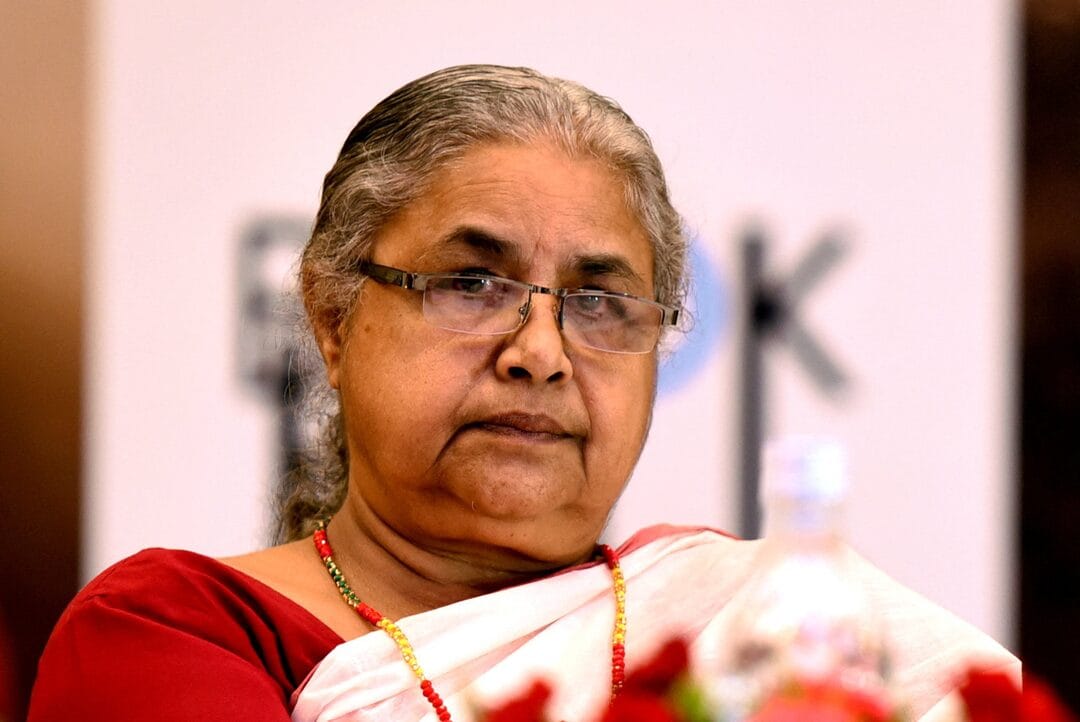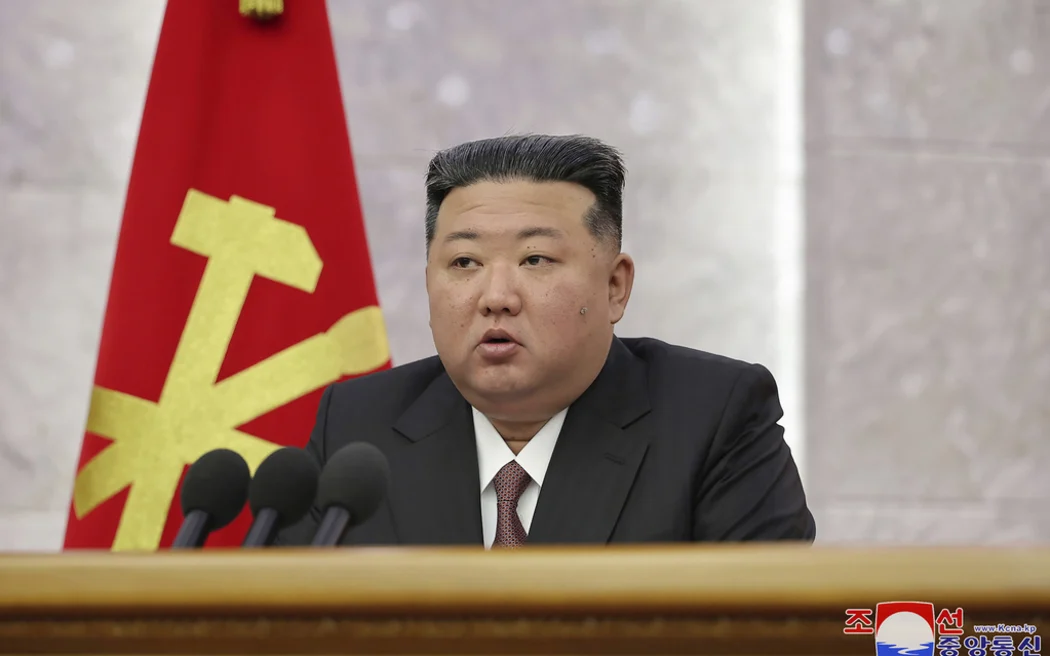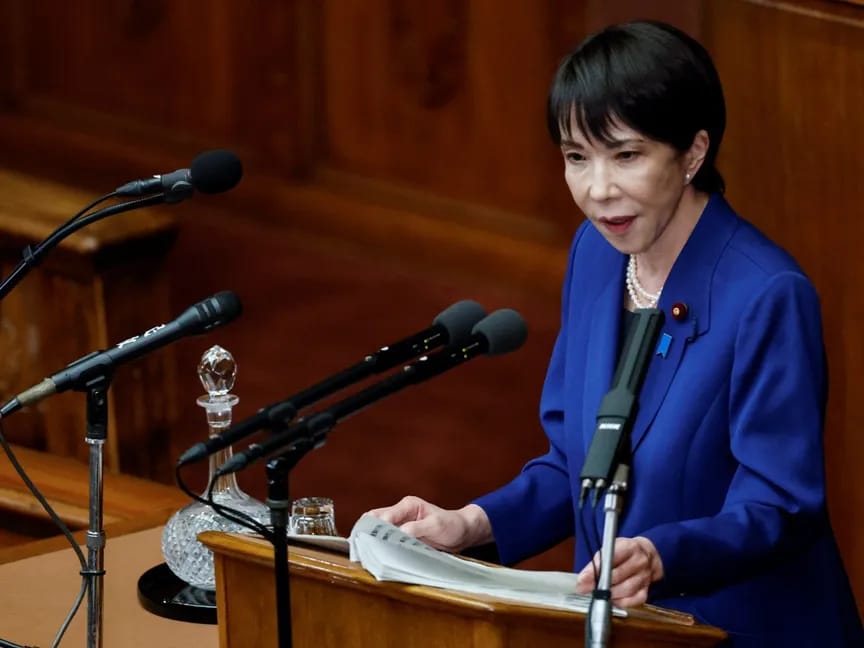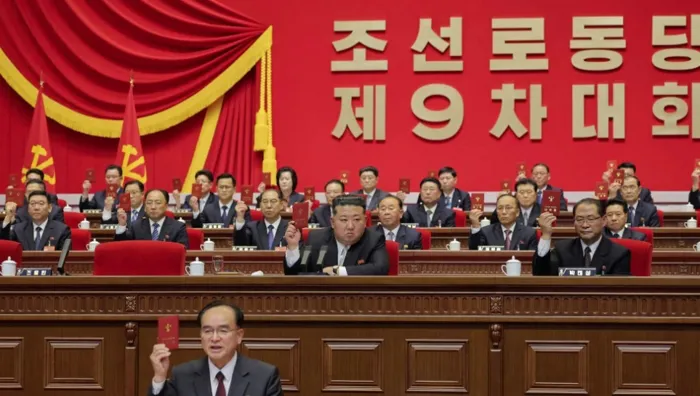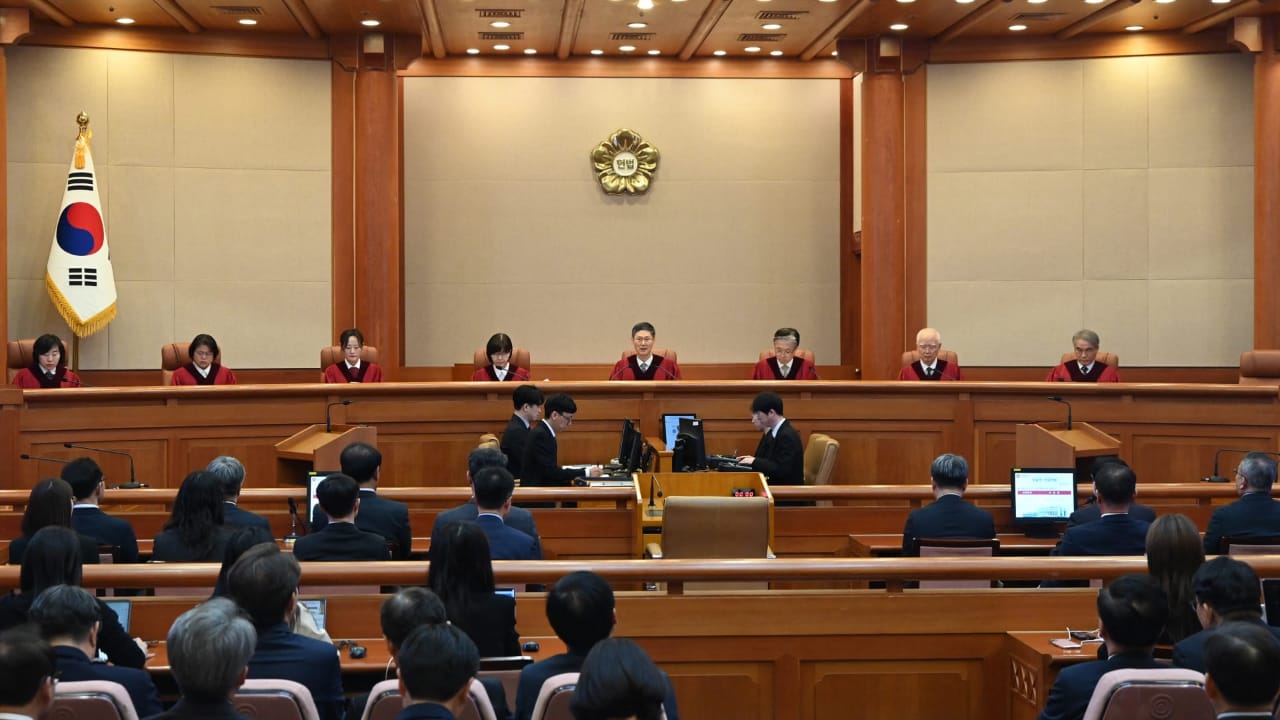Alsharq Tribune- Zainab Hussin
Pakistan’s President Asif Ali Zardari praised the country’s security forces for killing nine Indian-backed “Khawarij” during three separate operations in Khyber Pakhtunkhwa.
Zardari said the operations against “Fitna al-Khawarij" members were based on accurate intelligence. “Operations against security forces will continue till complete elimination of terrorism,” he said, according to the Associated Press of Pakistan (APP).
He then described the successful operations as “commendable,” stressing Pakistan’s “determination to root out terrorist elements and defend the country.”
Zardari also expressed the national resolve to completely eradicate “Fitna al-Khawarij.”
Meanwhile, the United Nations High Commissioner for Refugees (UNHCR) office said some 110,000 refugees and asylum-seekers in Pakistan, including a minimum of 8% of Proof of Registration (PoR) cardholders, have both high-risk profiles with increased international protection needs, and specific or cumulative vulnerabilities that could qualify them for resettlement, according to Pakistan’s Dawn newspaper.
The Resettlement Program in Pakistan has been active since the 1980s and more than 20,000 vulnerable refugees have now departed for resettlement to third countries to find safety and rebuild their lives, UNHCR said in its latest resettlement factsheet on Pakistan Operation.
“Resettlement is unique in that it is the only durable solution that involves the relocation of refugees from an asylum country to a third country,” the UN agency said.
Those prioritized include survivors of violence, vulnerable women and girls, at-risk children, and individuals with serious medical conditions. In return, the International Federation of Red Cross (IFRC) warned that Afghanistan’s humanitarian crisis, marked by extreme poverty, food insecurity, and a strained health system, is worsening due to a mass influx of returnees, largely triggered by Pakistan’s Illegal Foreigners Repatriation Plan (IFRP).
“This influx of Afghan nationals has put further strain on an already fragile infrastructure, complicating efforts to provide essential services to those in need,” the IFRC said.








.png?locale=en)

